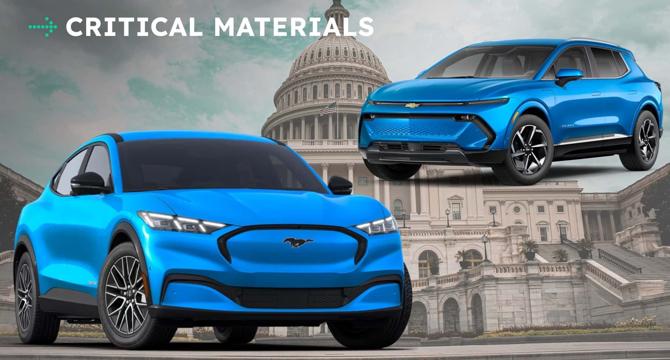Insideevs
5d
122

Image Credit: Insideevs
'Armageddon': Trump's Tariffs Could Wreck The Car Industry, And Your Wallet
- President Donald Trump's implementation of 25% tariffs on foreign auto imports and parts is set to impact the auto industry significantly.
- Industry analysts warn of a global disruption in the automotive supply chain and potential financial implications.
- Trump's tariffs could result in a $100 billion hit on American consumers' wallets, impacting affordability and car prices.
- Experts predict severe consequences for car brands, with potential long-term effects on buyers' behavior and the industry's structure.
- Sales of Chinese EVs in Europe decreased to a two-year low in February, signaling a potential shift in market dynamics.
- European brands are gaining ground against Chinese EV makers, with factors like tariffs and local production contributing to this trend.
- Stellantis, facing challenges from electrification and competition, could see a 75% revenue cut if tariffs persist, impacting its business.
- Stellantis may be particularly affected due to its domestic production ratio, excess capacity, and range of brands under its umbrella.
- Consumers can expect higher vehicle prices, reduced incentives, increased repair costs, and a potential rise in demand for used cars as a result of tariffs.
- The tariff implications raise questions for car buyers about timing their purchases and the future landscape of the auto industry.
Read Full Article
7 Likes
For uninterrupted reading, download the app